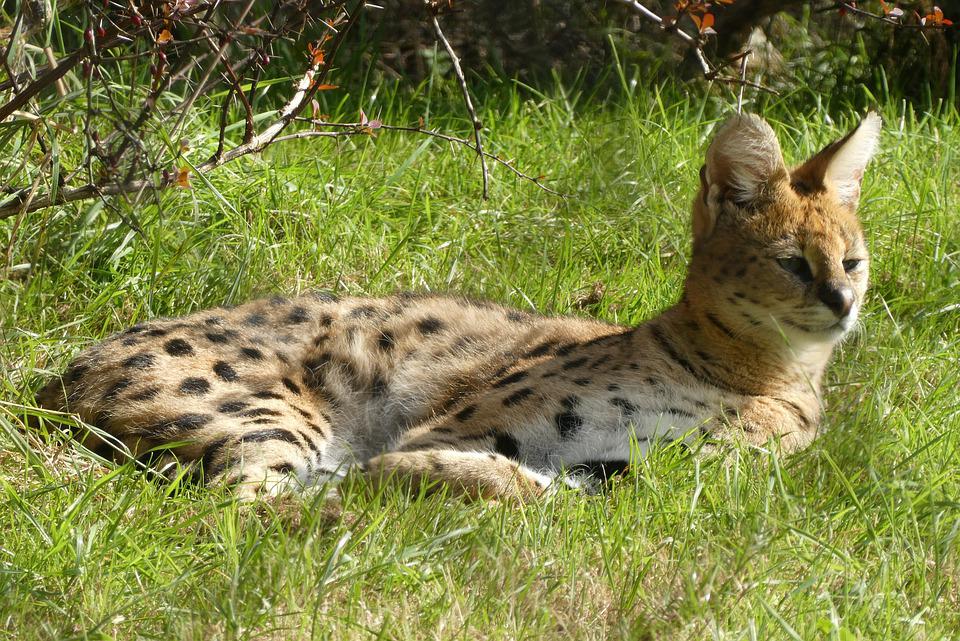The Savannah cat which attacked a three-year-old boy this week appears to have been imported from Moscow, while authorities remain puzzled as to how it passed custom checks amid speculation that the documents were forged.
The case came to light on Tuesday as it was reported that a “wildcat” which escaped its Limassol residence attacked a three-year-old boy who subsequently required hospital treatment on Sunday.
The issue appears to have become a hot potato amongst the authorities, as the animal police unit said responsibility lies with the veterinary services, as did the customs department. For its part, the services say that they do not appear to have received an application for the animal to be imported.
The animal is now understood to be a Savannah – a crossbreed between a wild serval and domestic cat – which varies in how “wild” it is depending on how many generations removed it is from its serval ancestor.
Savannahs are understood to be banned in their entirety in Cyprus, although certain types are allowed in the EU.
Savannahs are categorised according to their filial designation – on a scale of F1-F5 – ascertaining how closely linked they are to their exotic ancestor, the serval. An F1 is 50 per cent serval while the F2 ranges from 25 per cent to 37.5 per cent serval.
The documents shown to customs claimed the Savannah to be an F5, which is in any case banned in Cyprus, although the veterinary services now appear to think it is in fact an F1 or F2, which is banned in the EU as well.
Local media reported that the Savannah arrived in June 2021 and that officials may have been confused by the date of birth of the animal and its small size at the time.
The customs department sought to distance itself from the matter, stating that it has no expertise knowledge in the field as it instead depends on the veterinary services to authorise each case.
“The customs department does not hand over the animals without the prior approval of the veterinary services,” the department said on Thursday afternoon, seemingly implying that the services had indeed granted the green light.
But head of the veterinary services Christodoulos Pipis told Phileleftheros that his unit had not received an application for the animal to be imported.
The animal is once again in the owner’s possession but authorities are considering relocating to it to either the zoo in Limassol or Paphos. Officials are investigating possible charges of negligence and illegally importing and owning the animal against the owner.
There are added complications of illegally owning such animals, as some owners may be reticent to take them to the vet in case authorities are alerted, therefore potentially further endangering the health of the animal.







Click here to change your cookie preferences